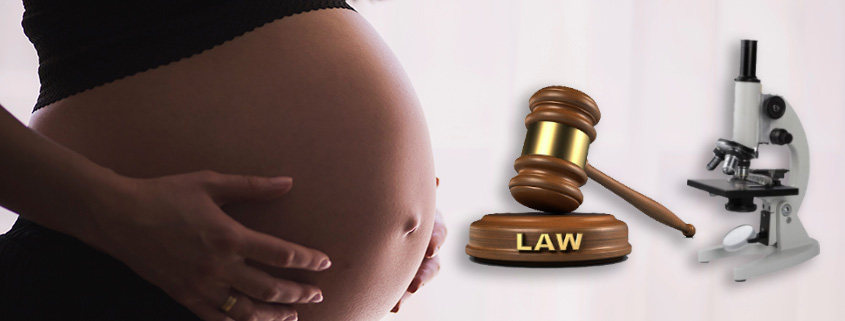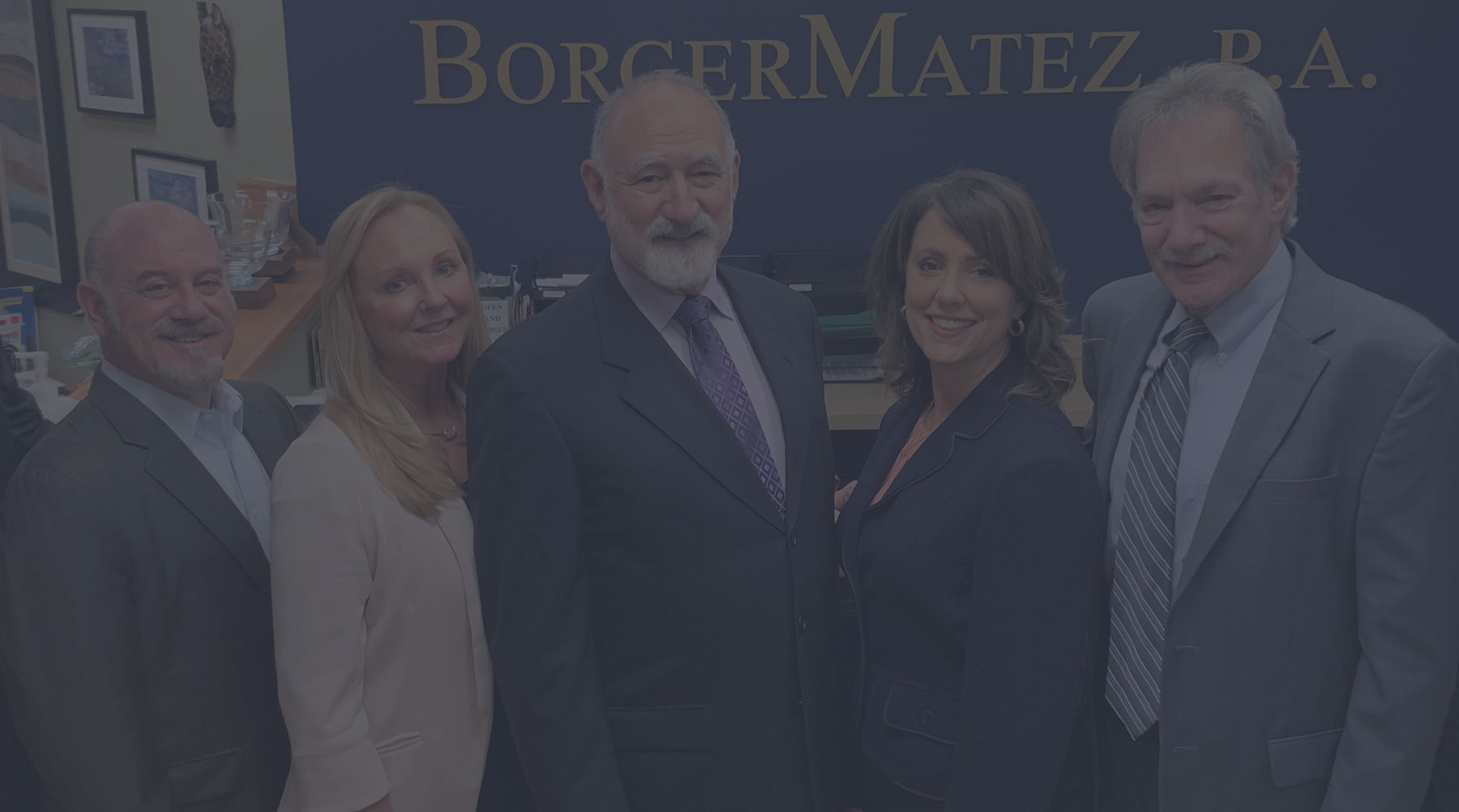When Science and Law Clash: Gestational Carriers, Assisted Reproduction, and Adoption in NJ

A recent story in The New York Times reported that in Michigan a couple who had a surrogate carry their biological twins are being forced to adopt their own children following their births. The twins are their full, genetic children, meaning the husband’s sperm and the wife’s egg were used to conceive. They have no genetic relationship to the gestational carrier, but, under Michigan law, she is nevertheless considered their legal parent. Michigan law does not recognize the genetic parents as the legal parents of these children at birth. As a result, this couple must now go through the entire, lengthy adoption process, including an invasive home study, background checks, post-placement visits, financial disclosures, and court proceedings to adopt their own genetic children. It sounds crazy, but laws vary greatly from state to state in how states approach assisted reproduction, gestational carriers and adoption.
New Jersey law is different from Michigan’s. N.J.S.A. 9:17-60 et seq., known as “The Gestational Carrier Act,” specifically identifies the biological parent or parents as the legal parents of the child at birth if the following criteria are met: 1) The gestational carrier has no genetic relationship to the child; 2) There must be an appropriate gestational carrier agreement signed by all parties that meets the requirements of the law; and 3) The gestational carrier and the biological parent(s) must also meet the statutory requirements. There is no requirement that the intended parent, their spouse, or civil union partner must adopt or submit to a rigorous home study evaluation or post-placement review associated with adoption following birth. In short, New Jersey does not require biological parents to adopt their own genetic child just because that child is born to a gestational carrier.
The Gestational Carrier Act does not apply to every situation. If the statutory criteria are not met, an adoption is indeed required. Recently, New Jersey enacted N.J.S.A. 9:17-69 et seq., to streamline the adoption process for certain other families utilizing assisted reproductive procedures who do not fit into the narrow confines of the Gestational Carrier Act and must adopt. This statute is designed to streamline the adoption process for a spouse or civil union partner who is not genetically related to a child or did not carry the child born to the couple via assisted reproduction. To take advantage of this expedited process, the couple must be married or in a civil union. Other requirements must also be met. There cannot be any other legal parent whose rights have not previously been relinquished or terminated, the adopting parent’s name must be on the birth certificate, and the couple must file jointly for the adoption. In those cases, a home study, background checks, and court appearance are NOT required for the adoption.
These laws are not the same in every state. Which law applies can depend upon many factors and circumstances. Intended parents should check the laws in the state in which they reside very carefully before entering into a gestational carrier agreement. Though the law in New Jersey is progressing with a view toward simplifying parental arrangements for all families and catching up with science, laws pertaining to adoption, assisted reproduction, and gestational carriers is complex and can be confusing. It is not an area which intended parents, birth parents or gestational carriers should attempt to navigate without knowledgeable and experienced legal representation.
Deena L. Betze, Esquire has been practicing family law in New Jersey for 30 years. If you have questions about adoption, assisted reproduction, or gestational carrier agreements contact Deena through our website.





